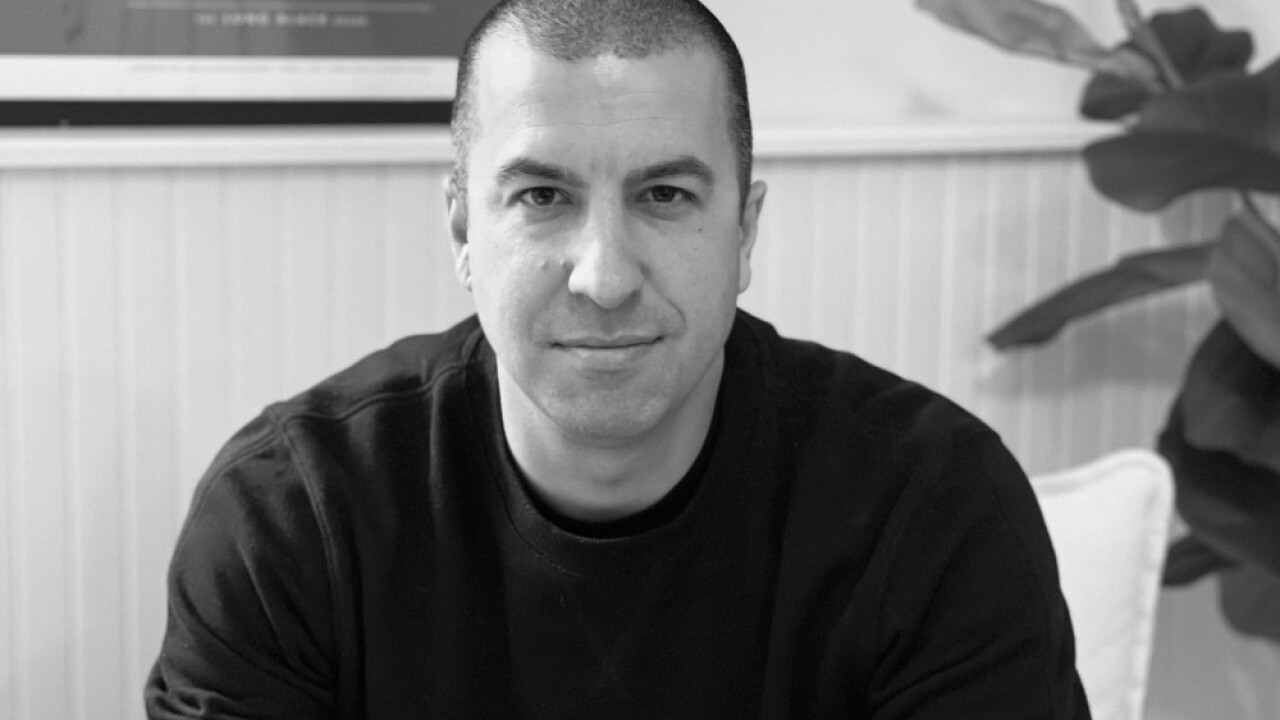-
BankUnited (BKU) is gearing up for branch openings in New York despite being barred by a settlement with Capital One Financial from opening the branches until next year.
October 10 -
Eight months after abandoning plans to sell itself, BankUnited (BKU) in Miami Lakes, Fla., is once again weighing offers from potential buyers, the New York Post reported Friday.
August 17 -
John Kanas' BankUnited seems like a small threat now, but Capital One fought hard to protect its standing in the prized Northeastern market down the road.
June 20 -
BankUnited Inc. once seemed intent to grow on its own. But now, after a brief flirtation with selling itself, the company's main job will be assuring key constituents that it's simply going to stick around.
January 19 -
Did an anonymous open letter to BankUnited CEO John Kanas, emailed to all of the bank's employees, imploring him not to sell the bank really have an impact on the decision to abandon the sale?
January 19
John Kanas says he's ready to expand in New York. It is unclear if New York will embrace the banking veteran upon his return.
For decades Kanas was a familiar face in the Big Apple as the chairman and chief executive of North Fork Bancorp. He sold the company to Capital One, then left Capital One in 2007 before resurfacing at BankUnited two years later.
Delayed by a yearlong legal battle with Capital One over his noncompete agreement, Kanas says BankUnited, of Miami Lakes, Fla., is just months away
"By the end of March, we hope to be fully in business in" New York, he says. "We are thinking of this as an early-spring endeavor."
BankUnited's aggressive plan for New York has Kanas listed as one of American Banker's community bank CEOs to watch in 2013. One thing to watch is whether Kanas — who was also on our watch list for 2012 — sticks with branch openings or finds a way to expand with an acquisition.
"We're starting a new business," he says. "It will be kind of fun for us to reacquaint ourselves with the market. We think we're going to do well and others disagree. I guess we'll find out together."
Two incidents that took place this year have some bankers skeptical about BankUnited's growth prospects. In early January word leaked that BankUnited had hired an investment bank and
Kanas and a top lieutenant also spent half of 2012 dealing with the lawsuit from Capital One, which had claimed that the pair violated a noncompete pact after BankUnited bought Herald National Bank in New York and started talking about expansion.
The parties settled the lawsuit in June, but it kept Kanas from hiring employees or soliciting business until Dec. 1. Hiring Capital One employees and branch openings are off limits in New York until Feb. 1.
Kanas says BankUnited's "price check" and the Capital One litigation him valuable lessons.
"Obviously there were a couple of distractions that didn't make life any easier for me," he says. The aborted sale "was embarrassing and we had to take our share of heat over that. It didn't help and, frankly, it interrupted the momentum down here for a couple of weeks."
The experiences, however, gave Kanas and his management team an opportunity to have a frank and candid dialogue with employees who were
"I got in a room with the employees and explained to them in detail how that came to be. Frankly in the long run now, it served to bring the topic up so that we could talk about it openly and freely with our people. As a result, everybody is probably way more comfortable now than they were before," when they were wondering what would happen.
BankUnited has ambitious growth plans for New York. Kanas says he will need about six months to get started and gain traction. Once that period ends, BankUnited should be able to book roughly $500 million in loans every quarter, or roughly the same growth rate that it has in it south Florida. The company will focus largely on commercial and industrial lending, along with real estate and multifamily loans.
A desire to get on with expansion prompted Kanas and John Bohlsen, BankUnited's chief lending officer and North Fork's former vice chairman, to settle with Capital One. "That was a big distraction and an expensive one for me," Kanas says.
"In the end, we had to agree to a settlement rather than go through a lengthy trial that would have extended my noncompete much, much longer," he says. "We decided to write a personal check so that BankUnited could get on with business. That's all behind us now."
Doubts persist about BankUnited's desire to remain independent. As
Kanas, for one, says it is highly unlikely that BankUnited will sell any time soon, mostly because there are few, if any, companies willing to pay up to make deals happen. "If there is a bank out there that wants to pay too much money, somebody is going to get sold," he says.
"Our view is that there are very few people out there who are going to pay too much money, given where banks are and what their earnings potential is today," he says. "We think we're going to put our head down and work like dogs for the next four or five years to build more value here. … For a bank like this one, the idea of selling is off the table more for us than for most institutions."
BankUnited is leaving the door open for acquisitions, but it also refuses to overpay for another institution. "It is a simple fact of life" that acquisitions "are the way to build value in this business today," Kanas says.
"People aren't overpaying for companies the way they once did, and I don't blame them," he adds. "We've turned down many transactions and we understand full well that people should be very careful in this business."




